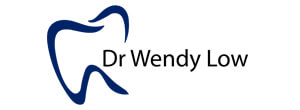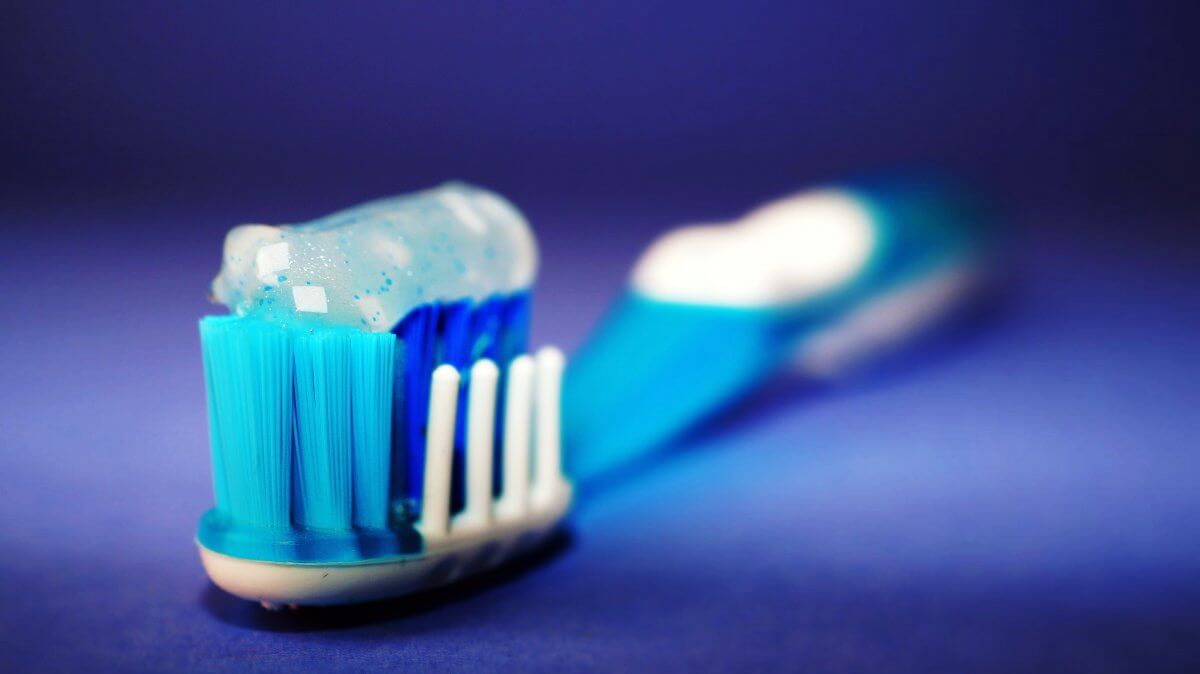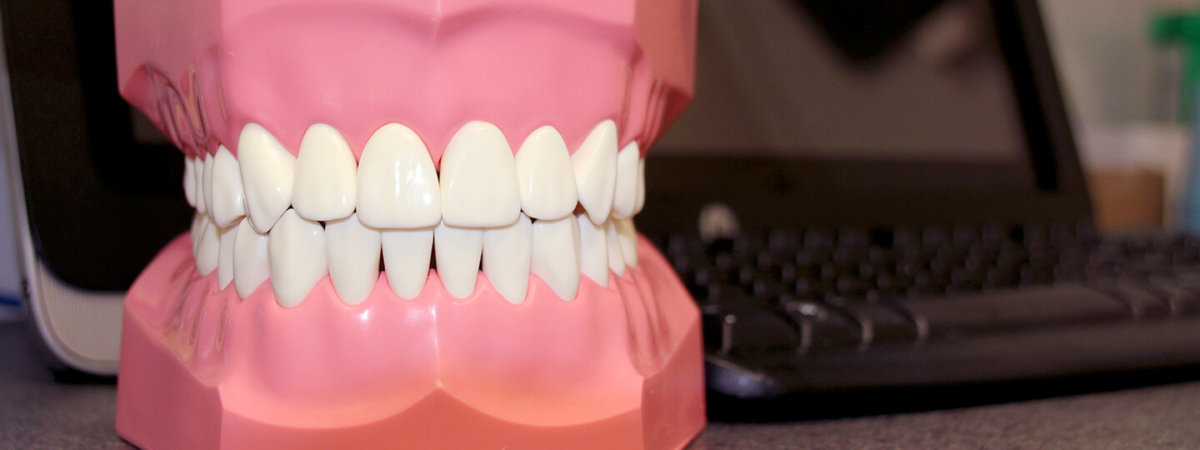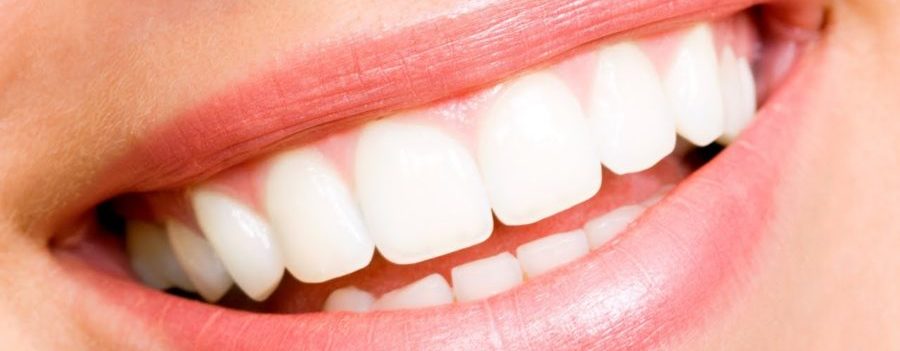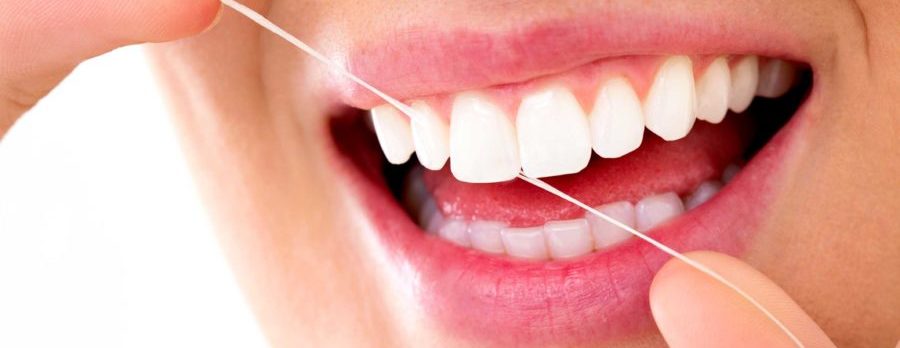Life has been anything but normal this spring and we sincerely hope you and your family are in good health. We are happy to inform you that we are now able to once again provide dental care for you and your family. The Ministry of Health has lifted the restrictions placed back in March. While many things have changed since then, one thing has remained the same: our commitment to your health and safety.
Our office has always followed strict infection control standards and in order to keep us all protected during this pandemic and in the future, we have updated our protocols. When we see you at your next appointment, things will be a little different.
- Patients will be screened for COVID-19 symptoms at time of booking (email or phone) and again, in office when you arrive at your appointment. Click to see the COVID screening questions, developed by the Ontario Ministry of Health Patients who screen Negative may be seen for regular treatment. Patients who screen Positive can ONLY to be seen in office for urgent or emergency treatment. We may ask you further questions. Care can also be provided by tele-dentistry or phone consult. These patients are advised to contact their primary health care provider or consult with Telehealth Ontario at 1-866-797-0000 for further testing.
- If patients exhibit any symptoms of COVID-19 or screen Positive for COVID-19 – non-urgent treatment will be deferred for 14 days, and the patient will be re-assessed for symptoms.
- Patients will be asked to fill in their medical history forms and/or COVID screening questions. They will sent to you by email when you book the appointment. Paper copies will be limited.
- Patients will be required to read and sign the Dr Wendy Low and Dr Andrew Bala Ack Patient Acknowledgement Form before being treated. If you can print and sign and bring it in on the day of your appointment, that would be preferable. Additionally, you may email us a signed copy on the day of your appointment at office@drwendylow.com.
- Patients are advised to contact the office by email or telephone for all communications. In person bookings and front desk services will be suspended at this time.
- Patients are asked to arrive at their exact appointment time as the waiting room will be limited to only 1 patient. Each patient will be re-screened for COIVD-19 at the time of arrival. Our reception area has been cleared of chairs, reading materials, and toys to reduce surface contamination.
- Those accompanying patients (including parents) are asked to wait outside the office during the appointment. Guests accompanying patients will not be allowed in the treatment rooms during treatment. Parent are welcome to come in for the medical history update, diagnosis and treatment plan discussion This is to limit the number of patients in the reception area and office at one time.
- Patients are to bring and wear their own mask or face covering when entering the office. Keep your mask on until instructed to remove it for treatment. There are many online videos on how to make your own mask. Here is a link to make a quick homemade mask with just a paper towel, elastic bands and staples. Our medical grade masks are limited in quantity and we would greatly appreciate if you would bring your own face covering.
- Upon arrival, each patient will be asked to disinfect their hands with provided hand sanitizer. There will be hand sanitizer available throughout the office.
- Once you enter the treatment room and are seated, your temperature will be taken with a contact-less thermometer, medical history and treatment will be reviewed. We will then ask you to remove your mask and we will keep it covered during the treatment. An oral rinse with 1% hydrogen peroxide will be provided prior to treatment.
- We will possibly be wearing additional PPE depending on the treatment- such as face shield, caps and gowns. You will also hear a medical HEPA air filtration system working to clean the air. We recommend to do as much treatment as possible during each appointment to reduce return visits to the office and reduction in PPE waste.
- When treatment is completed, we will give you back your mask. Please wear that mask until you leave the office.
- We will also be making changes at the reception area. We will be minimizing the use of paper-receipts and referral forms will be emailed. Once an appointment is scheduled, a reminder will be sent to you by email. Appointment cards will be limited and given only upon request. We will continue to send insurance claims on your behalf electronically.
- Patients must report any new symptoms or diagnosis with COVID-19 within 14 days after their appointment.
We are kindly reminding patients that we need 2 business days notice for any scheduling changes. Additionally, we have made adjustments to the schedule to limit the number of people in the office at a time. Physical distancing is always encouraged and advised. Rest assured, all these procedures as designed to create the safest environment for you, other patients and our team.
We look forward to seeing you again. If you have any questions, please let us know, email us at office@drwendylow.com or call us at 613-233-1594
We truly thank you for your patience, understanding and loyalty throughout this ordeal. We value your trust and look forward to welcoming you back!
Sincerely,
Dr Wendy Low and Andrew Bala and the Dental Team
